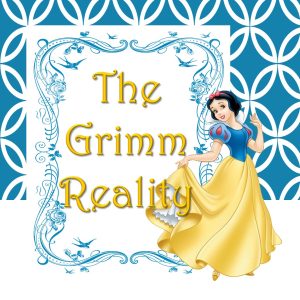 I have a small placard that reads, “Writer at Work: Bystanders will be written into the story.” It’s a fitting tribute to the fact that inspiration and character development can, and often does, come from anywhere.
I have a small placard that reads, “Writer at Work: Bystanders will be written into the story.” It’s a fitting tribute to the fact that inspiration and character development can, and often does, come from anywhere.
In my novel, one of the characters has an aversion to sex. It’s a tidbit of backstory that isn’t revealed until the very end of the book and I liked having him juxtaposed with the main character, who happens to be the village whore. I even went to the trouble of borrowing sex therapy books from my counselor in order to craft a better backstory for him.
Ultimately, I returned the books defeated and stuck with what I know: livestock. In my AVS 222 class, Reproduction, Breeding, and Physiology of Lactation, I learned that if a stallion’s first experience is bad, if he falls, is kicked, etc., he will be ruined and never mount again. Apparently, there’s no human equivalent for this, or at least there wasn’t in the books I borrowed from my shrink.
I’m pretty sure the only thing I accomplished with that foray into psychology was convincing my therapist that I have some strange sex hang-up. I’m under the impression that he still doesn’t believe it was research for a book. He also insisted, “There are better ways to get your jollies than reading case studies.” Regardless, we shouldn’t discount psychology when it comes to character development. This is a lesson best learned compliments of the brothers Grimm. Continue reading

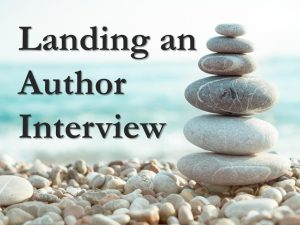 Getting Interviews & Making Waves
Getting Interviews & Making Waves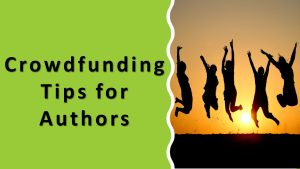 To start, ask yourself a couple questions.
To start, ask yourself a couple questions.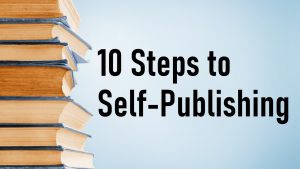 A lot of authors feel lost when it comes to self-publishing. When should they hire a professional? When should they forge ahead alone? And who can they ask for help?
A lot of authors feel lost when it comes to self-publishing. When should they hire a professional? When should they forge ahead alone? And who can they ask for help? Debut and self-published authors struggle to compete with the thousands of other books published each year. Writing awards come with the feeling of validation that your writing is “good enough.” They are also a marketing tool.
Debut and self-published authors struggle to compete with the thousands of other books published each year. Writing awards come with the feeling of validation that your writing is “good enough.” They are also a marketing tool. A writer’s first priority is to set aside dedicated time to writing books. Their second priority is to sell those books. Since most writers juggle a day job in addition to caring for family and finding time to write, marketing often falls by the wayside. Yet, marketing information is the most common request I get from authors each year.
A writer’s first priority is to set aside dedicated time to writing books. Their second priority is to sell those books. Since most writers juggle a day job in addition to caring for family and finding time to write, marketing often falls by the wayside. Yet, marketing information is the most common request I get from authors each year.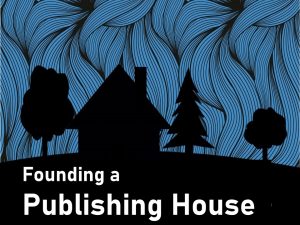 In order to compete with traditionally published books, many self-publishers choose to found their own publishing houses. Not only does this lend an air of professionalism to their writing endeavors, it serves to separate book publishing activities from personal income, providing a necessary level of legal and financial protection to self-publishers.
In order to compete with traditionally published books, many self-publishers choose to found their own publishing houses. Not only does this lend an air of professionalism to their writing endeavors, it serves to separate book publishing activities from personal income, providing a necessary level of legal and financial protection to self-publishers.